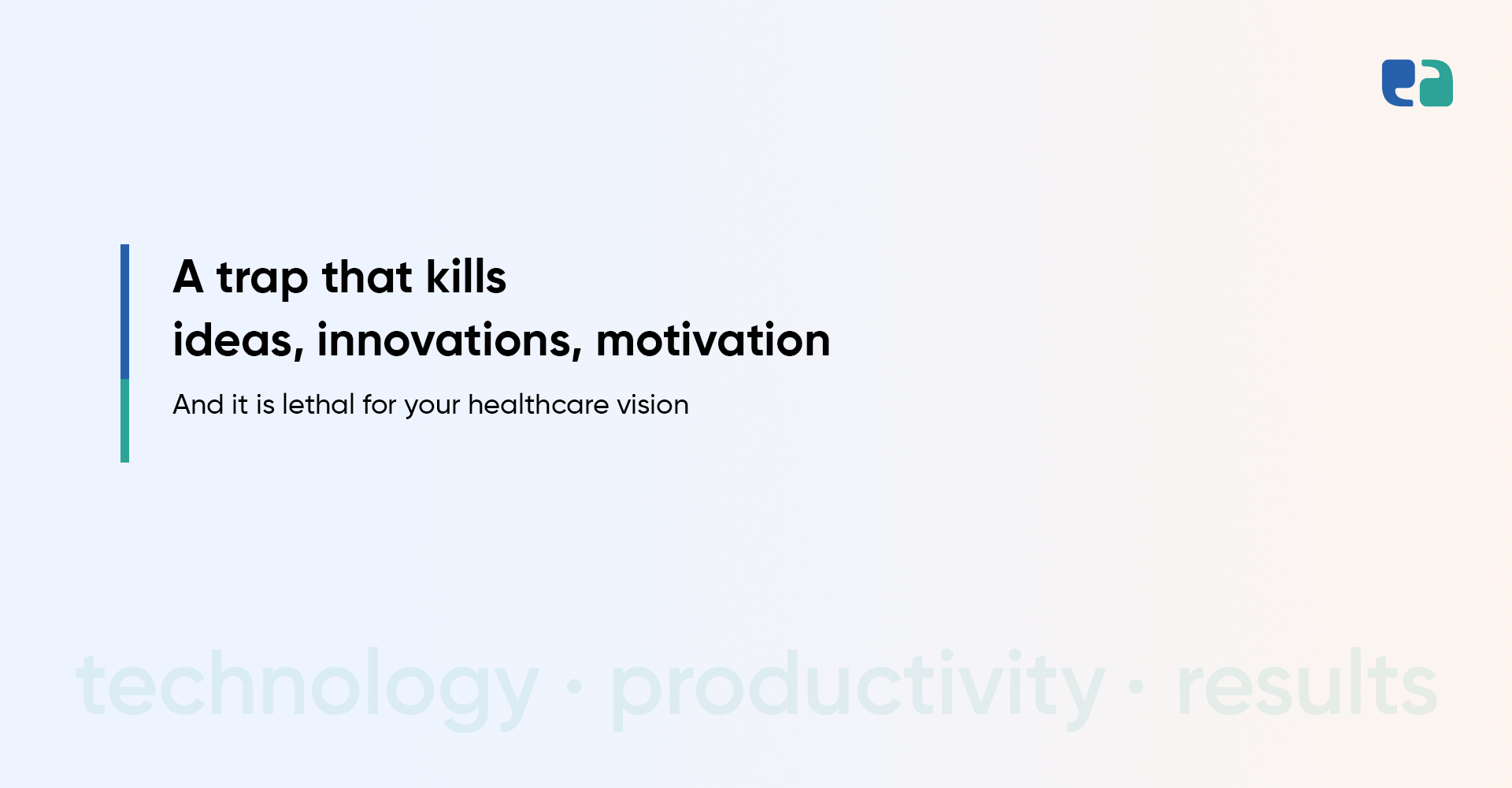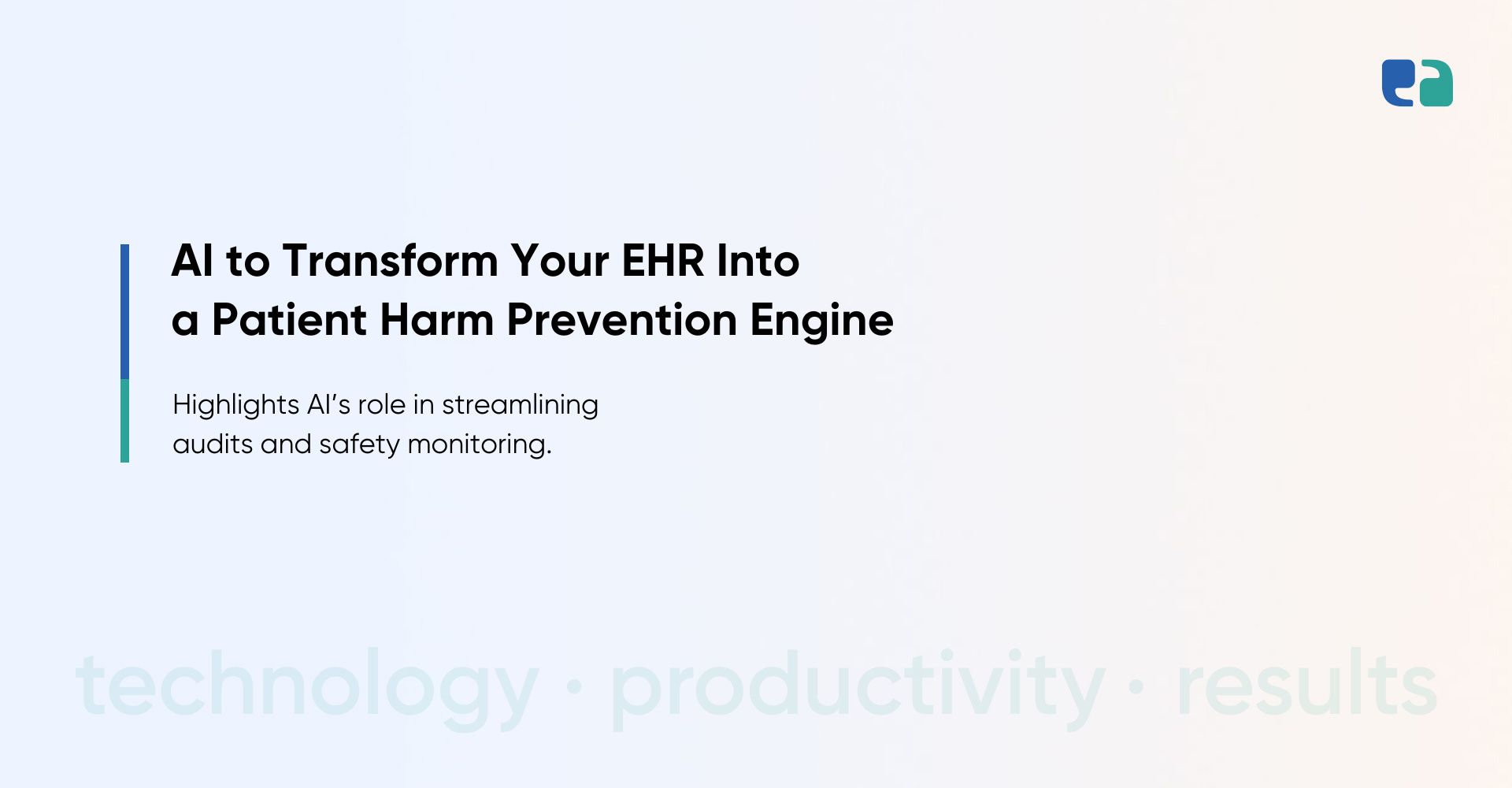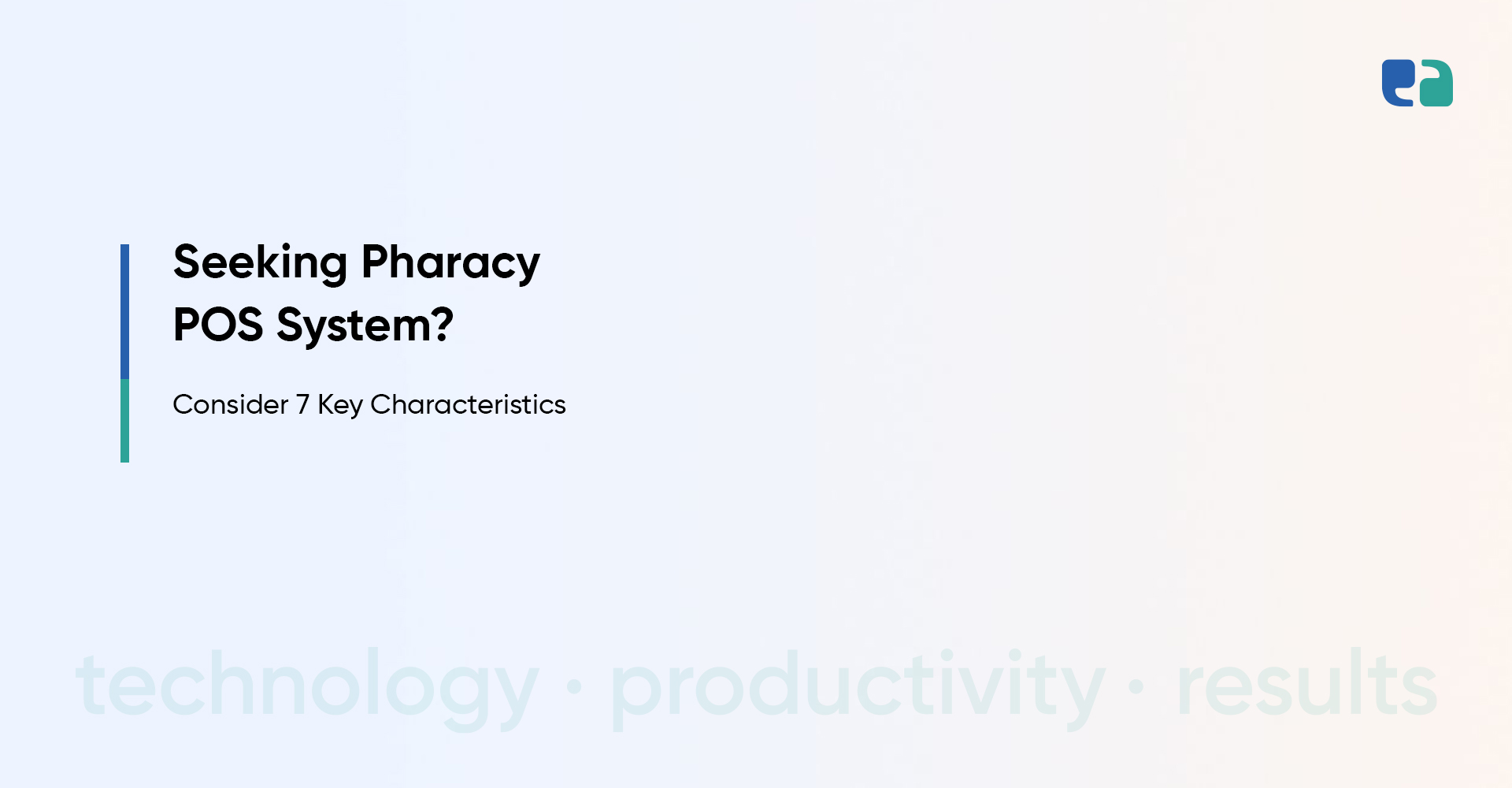“What kind of blog is this?” 😳
No. This is not a negative blog.
This is an eye-opening blog.
“Who the heck are you to write something like this?” 😵
We’re a healthcare-focused IT company.
We know everything about how healthcare software development companies work!
“But why should I care about what you are saying?” 🤔
Are you planning to build healthcare software and don’t want to mess it up?
If yes, then you must care.
Because the healthcare software development industry does not work as you think or as you are made to think!
There are loopholes, there are lies, and there are frauds.
(Loopholes, lies and frauds in the form of delivering you the worst healthcare software, not meeting compliance requirements, UI/UX standards, user needs, your budget, timeline, clinical workflows, etc.)
“Why is healthcare software product development a trap?” [Most Important] 🥶
A trap because you are never able to know the reality.
The behind-the-scenes of how your product is being developed.
The team working on your product. Do they have healthcare-specific experience?
Do they have knowledge of clinical workflows?
Do they have the ability to address the technical requirements of healthcare regulations?
Does their team have clinicians onboard to define the clinical aspect of your healthcare software?
Do they use automated tech solutions to reduce your development cost?
How are you being billed?
How are you being updated on project progress?
How are you given opportunities to put your suggestions?
How are you able to identify whether your product or software is compliant or not?
How do you know whether it is secure or not?
And because of you not knowing anything, and the money you already invested, you can’t get out what your hired non-healthcare tech company has planned for you!
You feel stuck.
You feel cheated.
You feel helpless.
You see your vision getting murdered.
Remember, all tech companies can treat you as a client. But only a few can treat you as an entrepreneur and a person with the guts to change healthcare with his idea!
“What would be the worst-case scenario?” 🆘
You want to get out of this trap, but if you do so, it would be a financial disaster for you.
So you decide to continue. And in the end, you are delivered only half of what you have asked for in your healthcare software.
And if you are delivered 100%, you could not see any clinical value in your healthcare software.
Do you know why?
Because it is developed by some developers who don’t know anything about how healthcare works in North America.
“Why is it important to not fall into a healthcare software product development trap?” 🙄
A trap is lethal. More importantly, it is frustrating.
You doubt yourself, your idea, your vision, your goals.
You waste time, money and effort.
You experience both financial and mental breakdowns.
Because you are not experts in dealing with tech companies.
But yeah, tech companies are experts in dealing with clients and keeping them hanging in between uncertainties.
So the best thing you can do is, avoid such healthcare software development companies.
“Do tech companies make me fall into a trap knowingly?” 🤕
No. Like you, they are also helpless.
They run a company. They have salaried people.
To keep their company running, they need projects – a lot of projects.
Thus, for the sake of good business, they agree to deliver projects in which they don’t have expertise.
But healthcare is one industry that demands unique and specific expertise.
Thus, tech companies that haven’t worked with North American healthcare clients struggle a lot to deliver clinical values in the form of feature sets, workflows, UI/UX, and compliance.
Such an inability leads them to a decision – make some compromises, complete the project, deliver it, and we will manage the client.
In a best-case scenario, they hire healthcare tech consultants to help their team in delivering healthcare projects but it increases the project cost.
So, overall, you are the ultimate loser in all cases.
But neither you nor tech companies are at fault.
The real culprit here is healthcare tech, business, and compliance complexities.
“So, what’s the solution? How can I avoid this trap?” [More Important Than Previous One] 😍
It is simple.
For your healthcare software development needs, you need healthcare-specific experts.
Healthcare-specific experts mean tech companies or people who have been dealing with only healthcare IT projects.
These experts may include healthcare software developers, UI/UX designers, healthcare business analysts, healthcare compliance specialists, and healthcare QA engineers.
You also need to make sure your hired tech company has clinicians onboard.
Because developers don’t have clinical knowledge.
Another thing you have to consider is validating their tech knowledge which can be applied to healthcare.
Because use cases of AI in real estate and use cases of AI in healthcare are different.
Overall, you need a tech company that understands healthcare, has healthcare in its DNA, and has the same vision as you to change healthcare!
“Is there any way to identify and evaluate healthcare tech companies?” 🏢
There are a few tips that can help you identify and evaluate healthcare tech companies.
- Look for healthcare-specific expertise. See if the company has a record of working in the healthcare industry.
- Evaluate the company’s technical knowledge and capabilities. They should be able to apply their technical expertise to the healthcare industry and have experience with relevant technologies.
- Ensure the tech company has a strong understanding of healthcare regulations, such as HIPAA, GDPR, and other industry-specific compliance requirements, and can develop software that meets these standards.
- Look for a tech company that has a robust quality assurance (QA) process in place to ensure that the software they develop is of high quality and meets industry standards. This should include thorough testing, documentation, and validation processes.
- Evaluate the tech company’s ability to manage budgets and timelines effectively. They should be able to provide detailed cost estimates, manage resources efficiently, and deliver projects on time and within budget.
- Ask for client references and testimonials to get insights into the tech company’s past performance and customer satisfaction. This can give you a better understanding of their capabilities, reliability, and customer service.
- Ensure that the tech company shares your vision and goals for changing healthcare with your software. They should be willing to collaborate with you as a partner and not just a client, and have a genuine interest in driving positive change in the healthcare industry.
“Is there any such tech company that does not make me fall into the trap?” 🦸🏻♂️
It’s us!
Wait! Don’t leave. We are not doing marketing. This is for you!
We hate self-praising.
But when it comes to our healthcare knowledge and experts, we can’t keep ourselves calm!
It has been 8+ years since we have been dealing with healthcare IT.
We happily say no to the million-dollar project if it does not have anything to do with healthcare.
And we proudly accept a healthcare project even if it buys us a month of coffee.
Because, for us, healthcare is not business. It is passion!
If you have the same passion, it would be a privilege for us to have discussions with you.



